from fossils, phylogenies and theory to community assembly and diversification trends
#AncientDNA
www.biorxiv.org/content/10.1...

#AncientDNA
www.biorxiv.org/content/10.1...
Out now in Science, my PhD work with @lindymcbr.bsky.social uncovers the ancient origin of the “London Underground mosquito” – one of the most iconic examples of urban adaptation.
🧵(1/n)
@science.org
www.science.org/doi/10.1126/science.ady4515

Out now in Science, my PhD work with @lindymcbr.bsky.social uncovers the ancient origin of the “London Underground mosquito” – one of the most iconic examples of urban adaptation.
🧵(1/n)
@science.org
www.science.org/doi/10.1126/science.ady4515

royalsocietypublishing.org/doi/10.1098/...
A related paper is in press. Stay tuned.
royalsocietypublishing.org/doi/10.1098/...
A related paper is in press. Stay tuned.
www.cell.com/trends/ecolo...

www.cell.com/trends/ecolo...
), we find the opposite: animals exchange genes more, and for longer, than plants

), we find the opposite: animals exchange genes more, and for longer, than plants

#AI #paleontology

#AI #paleontology
Hot on the heels of the fantastic updated tree created by @eliotmiller.bsky.social and others, we use a different approach to generate a near-comprehensive timetree of >9000 bird species. 1/3
www.cell.com/current-biol...
🧪🌐🪶
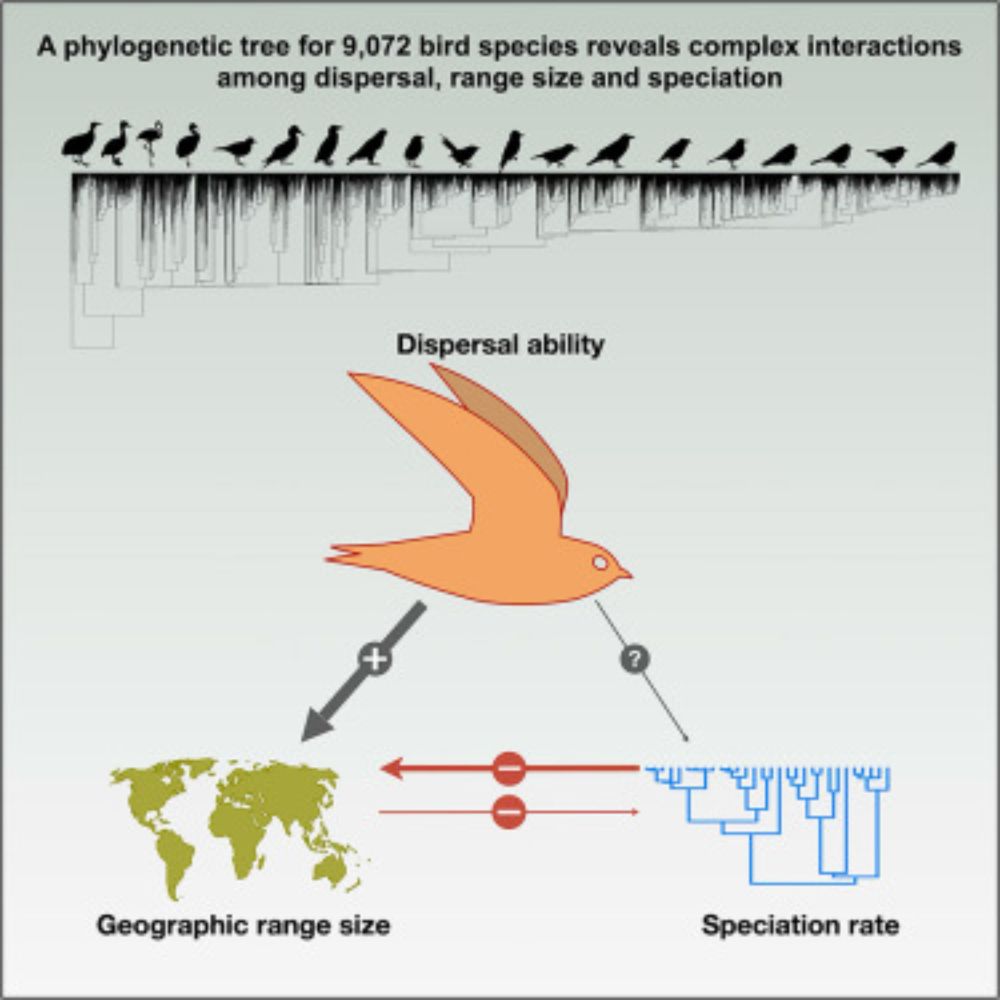
Hot on the heels of the fantastic updated tree created by @eliotmiller.bsky.social and others, we use a different approach to generate a near-comprehensive timetree of >9000 bird species. 1/3
www.cell.com/current-biol...
🧪🌐🪶

www.cell.com/trends/ecolo... 🌐🧪

www.cell.com/trends/ecolo... 🌐🧪
We (yours truly, Paschalis Natsidis, Laura Piovani and co-leads Paschalia Kapli and @maxjtelford.bsky.social) set out to try to answer this question.
Why? (1/12)
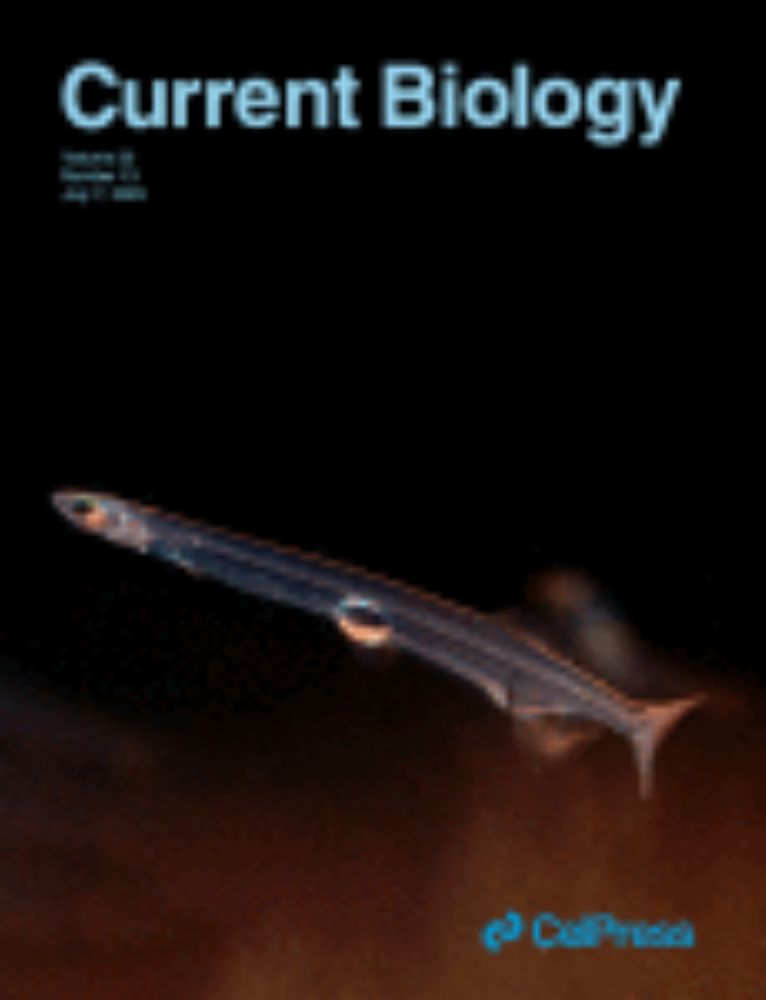
We (yours truly, Paschalis Natsidis, Laura Piovani and co-leads Paschalia Kapli and @maxjtelford.bsky.social) set out to try to answer this question.
Why? (1/12)
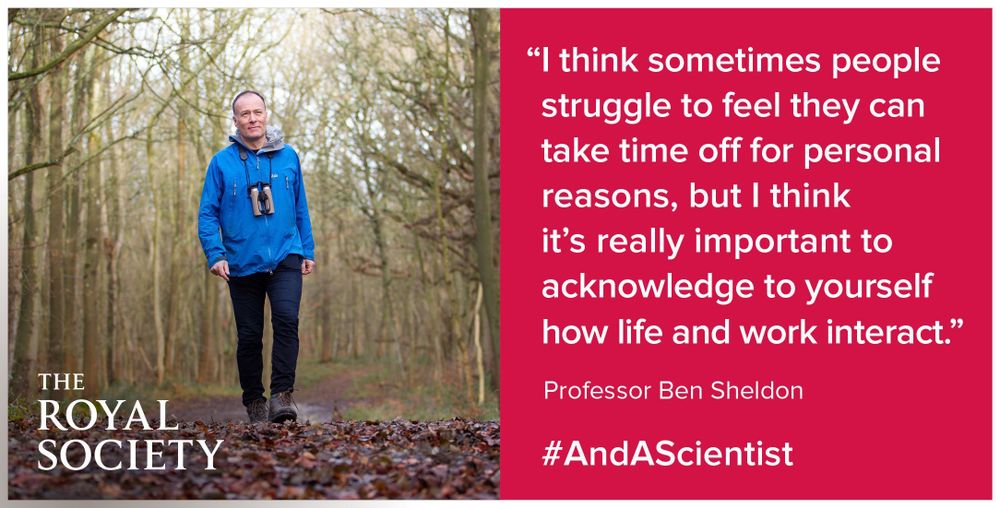
onlinelibrary.wiley.com/doi/10.1111/...
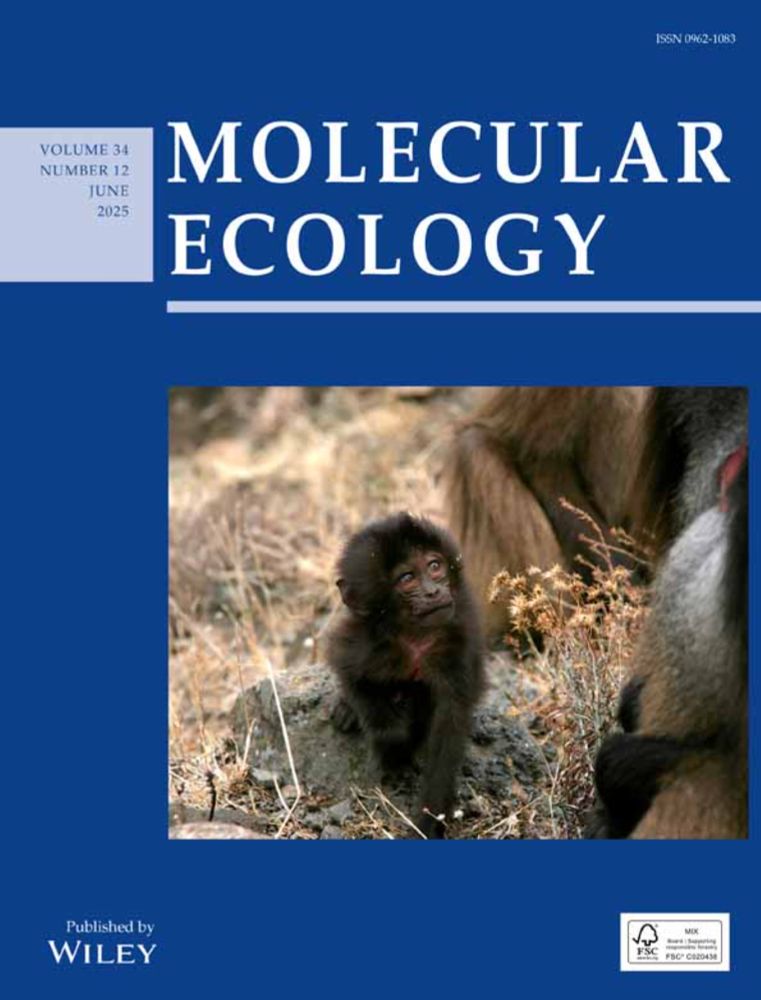
onlinelibrary.wiley.com/doi/10.1111/...
35 month post doc on niche modelling of migratory whales in my lab with Katrina Jones. Job advert below:
my.corehr.com/pls/uoxrecru...
Please get in touch with questions!
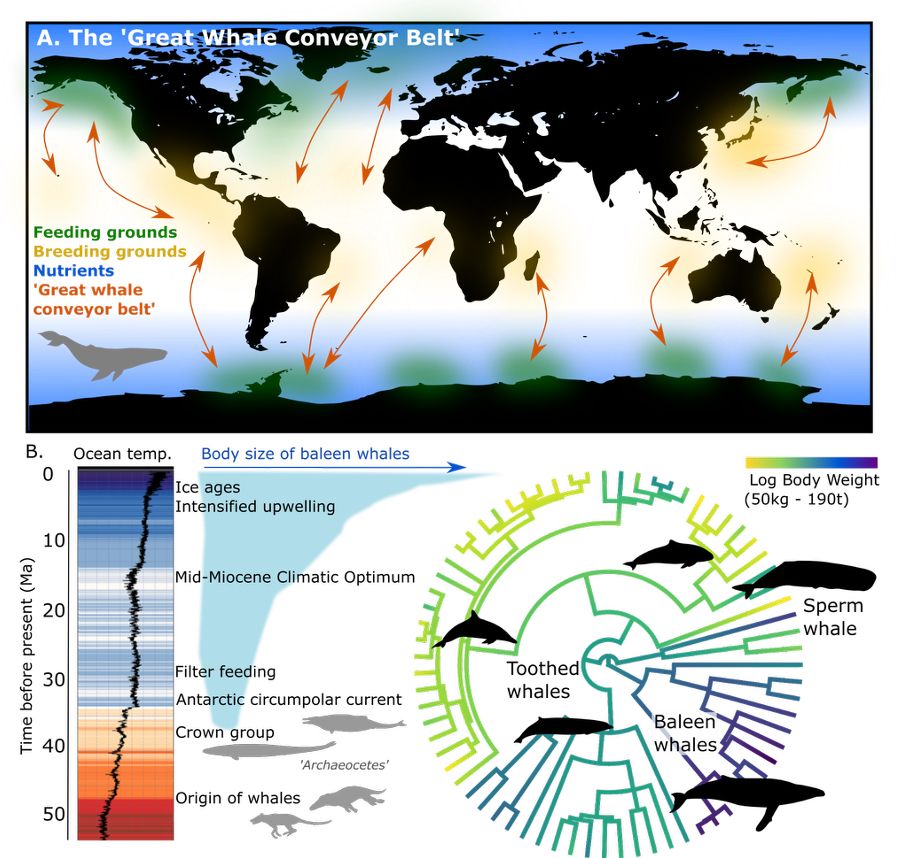
35 month post doc on niche modelling of migratory whales in my lab with Katrina Jones. Job advert below:
my.corehr.com/pls/uoxrecru...
Please get in touch with questions!
sites.google.com/view/mathssx...
🧪 ⚒️ #Paleobio #EvoBio #Geology

sites.google.com/view/mathssx...
🧪 ⚒️ #Paleobio #EvoBio #Geology

Find community, support your colleagues, and talk trees. Apply by June 10th, 2025.
Program info: www.systbio.org/mentorship-p...
Application form: forms.gle/QtD22C9dtfRF...
@systbiol.bsky.social

Find community, support your colleagues, and talk trees. Apply by June 10th, 2025.
Program info: www.systbio.org/mentorship-p...
Application form: forms.gle/QtD22C9dtfRF...
@systbiol.bsky.social
Here's what we think!
academic.oup.com/evolinnean/a...
Out now in @evojlinnsoc.bsky.social! Wonderful writing this with Julia Day, @fishspeciation.bsky.social, and María del Rosario Castañeda

Here's what we think!
academic.oup.com/evolinnean/a...
Out now in @evojlinnsoc.bsky.social! Wonderful writing this with Julia Day, @fishspeciation.bsky.social, and María del Rosario Castañeda
"Spatiotemporal Dynamics of Non-Ecological Speciation in Rubyspot Damselflies" is out now in Molecular Ecology!
⬇️Includes divergence times and an F1 hybrid
Thanks to my fantastic co-authors & collaborators!
📖 doi.org/10.1111/mec....
🧬🌎🧪


"Spatiotemporal Dynamics of Non-Ecological Speciation in Rubyspot Damselflies" is out now in Molecular Ecology!
⬇️Includes divergence times and an F1 hybrid
Thanks to my fantastic co-authors & collaborators!
📖 doi.org/10.1111/mec....
🧬🌎🧪
On the anniversary of my @globalchangebio.bsky.social paper with @allyphillimore.bsky.social, I wanted to revisit some of the key ideas 👇
tinyurl.com/BufferCater
🧵1/6

On the anniversary of my @globalchangebio.bsky.social paper with @allyphillimore.bsky.social, I wanted to revisit some of the key ideas 👇
tinyurl.com/BufferCater
🧵1/6



